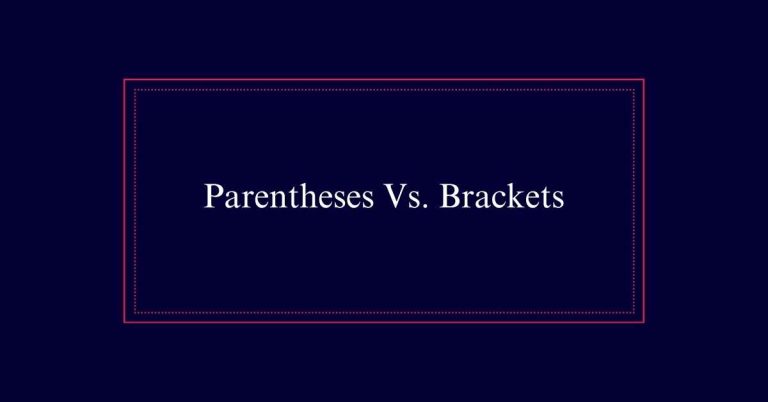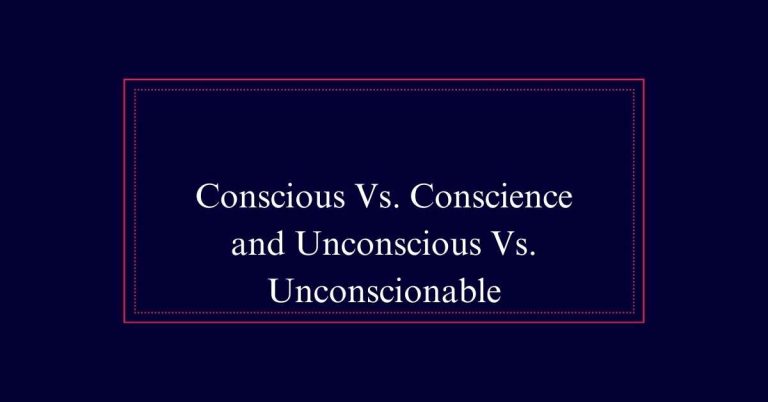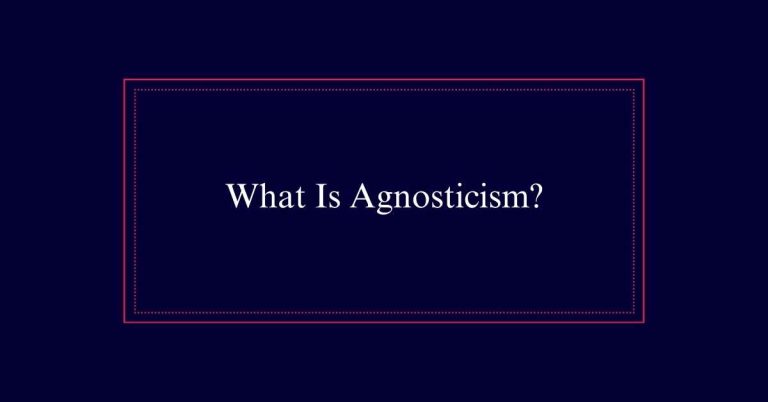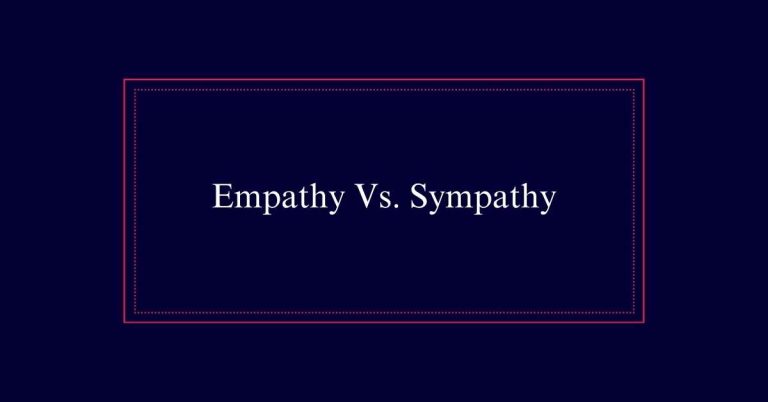Vernacular meaning
Vernacular refers to the everyday language spoken by people in a specific region or cultural group. It includes unique word choices, grammar, and idiomatic expressions often used in casual settings. For example, American English varies regionally; phrases used in the South may differ from those in the Midwest. Vernacular preserves cultural nuances and evolves with societal changes.
Terms like “colloquialism,” “dialect,” and “slang” are often synonymous with vernacular. Unlike formal language, which is precise and structured, vernacular reflects natural speech patterns.
What Is Vernacular?
Vernacular refers to the everyday language spoken by people in a specific region or cultural group. It is characterized by word choice, grammar, and turns of phrase unique to that area or community.
Unlike formal language, vernacular is informal and used in casual settings. It often includes idiomatic expressions that may be confusing to outsiders. However, context usually helps in understanding.
Vernacular is not just about vocabulary; it encompasses the natural way a particular group communicates. For example, slang and colloquialism are forms of vernacular. Each vernacular has its own internal logic, making it intuitive for native speakers.
Characteristics of Vernacular
Characterized by its informal nature, vernacular language often includes regional idioms and colloquial expressions. This type of language is unique to specific areas or groups and evolves with cultural and societal changes.
The characteristics of vernacular include:
- Regional Vocabulary: Words and phrases unique to a particular geographic area.
- Colloquial Expressions: Informal phrases used in everyday conversation, often understood only within a specific context.
- Idiomatic Usage: Phrases that have meanings not deducible from the individual words, often reflecting cultural nuances.
Synonyms of Vernacular
Synonyms for vernacular include colloquialism, dialect, and slang. Colloquialism refers to informal phrases used in everyday conversation. These phrases often vary by region and can give speech a relaxed tone.
Dialect is a form of language specific to a particular region or social group. It includes unique vocabulary, grammar, and pronunciation.
Slang comprises informal words or phrases used by specific groups, often changing rapidly and reflecting current trends. Each of these terms highlights different aspects of how language adapts to fit the needs and identities of its users.

Antonyms of Vernacular
In contrast to vernacular, formal language is used in official or ceremonial contexts. It is structured, precise, and adheres to standard grammatical rules. Formal language avoids colloquialisms and slang, striving for clarity and professionalism.
Here are three key antonyms of vernacular:
- Formal: Language used in legal documents, academic papers, and business meetings. It guarantees clear communication.
- Literary: Stylistic language found in novels, poetry, and other artistic writing. It employs elaborate vocabulary and sophisticated syntax.
- Uncommon: Rarely used words or phrases that are not part of everyday speech. These terms are often found in specialized fields or historical texts.
Vernacular Vs. Formal Language
Vernacular language and formal language serve different purposes and are used in distinct contexts. Vernacular language is informal and often used in casual, everyday conversations. It reflects the natural speech patterns of a specific group or region. Examples include slang and regional dialects.
In contrast, formal language is structured and used in professional or official settings. It follows strict grammatical rules and avoids colloquialisms. Formal language is common in academic writing, business communications, and legal documents.
Vernacular in Daily Life
Many people use vernacular language naturally during their daily interactions. This informal speech pattern is a reflection of culture and community. It adds richness and character to conversations, making them more relatable and vivid.
Here are three examples of how vernacular is used in daily life:
- Family Conversations: Parents and children often use vernacular expressions unique to their household, strengthening family bonds.
- Workplace Chatter: Colleagues might use industry-specific slang or regional dialects to communicate more effectively and foster camaraderie.
- Social Media Posts: People frequently use colloquial language in posts and comments to appear more authentic and approachable.
Regional Vernacular Examples
Regional vernaculars showcase the unique linguistic characteristics of different areas. For instance, in the United States, the South has a distinct vernacular with phrases like ‘y’all’ meaning “you all.” In contrast, the Northeast might use ‘wicked’ to mean ‘very’ or ‘extremely.’
In the UK, the Cockney dialect in London features rhyming slang, where ‘apples and pears’ means ‘stairs.’ Similarly, in Australia, vernacular includes terms like ‘arvo’ for ‘afternoon.’
Cultural Vernacular Examples
Cultural vernaculars capture the unique ways different groups use language to reflect their traditions and experiences. These vernaculars often incorporate idioms, slang, and specific expressions that resonate with the community’s heritage.
Here are three examples to illustrate:
- African American Vernacular English (AAVE): This dialect includes unique grammar and vocabulary, such as ‘finna’ (meaning ‘going to’) and ‘y’all’ (you all).
- Chicano English: Common in Mexican-American communities, it blends English with Spanish influences, featuring phrases like ‘barely’ to mean ‘just recently.’
- Cockney Rhyming Slang: Originating from East London, this slang replaces words with phrases that rhyme, like ‘apples and pears’ meaning ‘stairs.
Deciphering Vernacular Phrases
Understanding cultural vernaculars requires the ability to decipher the unique phrases and expressions they use. These phrases often evolve within specific regions or communities, carrying meanings not immediately apparent to outsiders. Context plays a critical role in understanding these expressions. Below is a table illustrating some vernacular phrases and their meanings:
| Vernacular Phrase | Meaning |
|---|---|
| “Break a leg” | Good luck |
| “Spill the beans” | Reveal a secret |
| “Under the weather” | Feeling ill |
| “Piece of cake” | Something very easy |
Importance of Vernacular
The vernacular plays an essential role in shaping and reflecting the identity of a community. It provides a sense of belonging and continuity. Vernacular language encapsulates the unique experiences, values, and traditions of its users.
Here are three important aspects of vernacular:
- Cultural Preservation: Vernacular language keeps cultural heritage alive, passing down traditions and stories through generations.
- Social Cohesion: Shared vernacular fosters unity and mutual understanding within a community, creating a strong social bond.
- Identity Expression: It allows individuals to express their identity and differentiate themselves from other groups.






